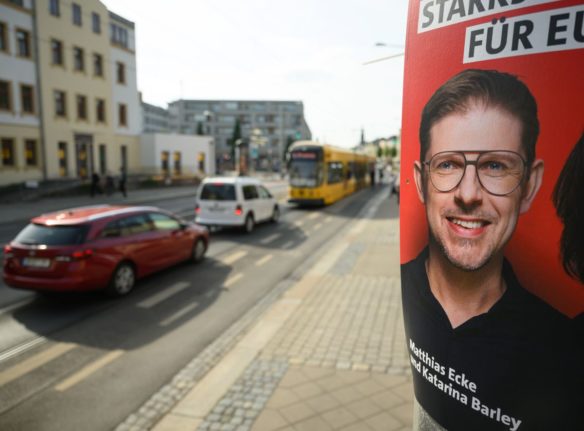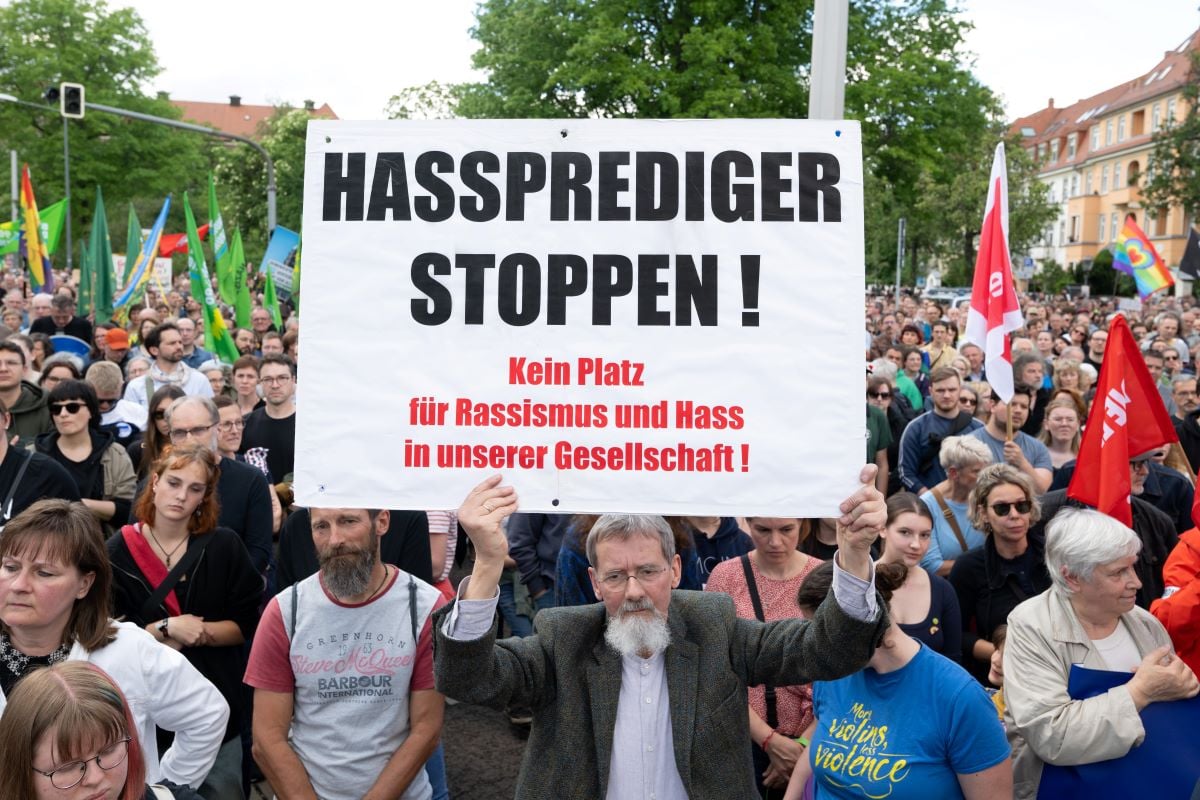Ypsilanti agreed on Tuesday to begin negotiations with the environmentalist Greens over forming a so-called “red-green” minority government coalition, after January’s inconclusive state election in Hesse left no clear path to forming a government. During the state election race SPD Hessian party boss Ypsilanti made promises not to deal with The Left Party, which is an offshoot of the East German communist party.
“It could turn out that I won’t be able to keep the promise not to vote with The Left,” she said on Tuesday, according to German news agency DDP. She said the decision wasn’t easy, but it was more important to form a government based on the issues the SPD had promoted during the campaign.
The SPD could theoretically achieve a parliamentary majority in the Hesse with the pro-business Free Democrats (FDP) and the Greens, or build a grand coalition with the conservative Christian Democrats (CDU). But discussions across party lines have proven difficult, opening the way for a minority government tolerated by the hard-line socialist Left Party.
Ypsilanti said she was “very disappointed” with the FDP, who were her “preferred partner” for a coalition. But the FDP’s refusal to join a coalition with the Greens doesn’t mean she’ll shut the door on the party, she said.
Before the SPD’s first meeting with The Greens, the party will meet for further talks with the CDU. The chances of achieving a coalition with the CDU are small, though, Ypsilanti said. Such a coalition would be “enormously difficult,” she said according to DDP.
The issue of how to deal with the Left Party’s recent encroachment into western German state parliaments has wracked the SPD in recent weeks. After Social Democrat chairman Kurt Beck told state SPD party organizations they could forge their own alliances with the Left Party, his leadership has come under fire from more centrist SPD members.
Officials from the Left Party welcomed Ypsilanti’s announcement on Tuesday, as national party secretary Dietmar Bartsch said the socialists would “do our part” to help unseat Hesse’s incumbent conservative state premier Roland Koch.



 Please whitelist us to continue reading.
Please whitelist us to continue reading.